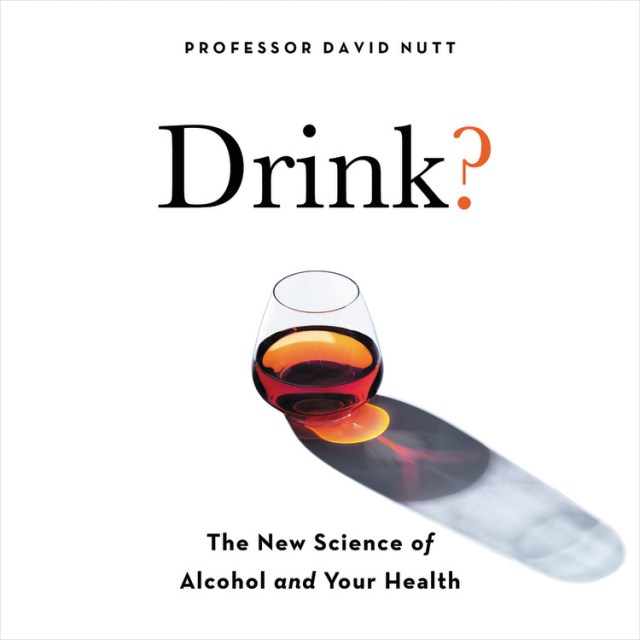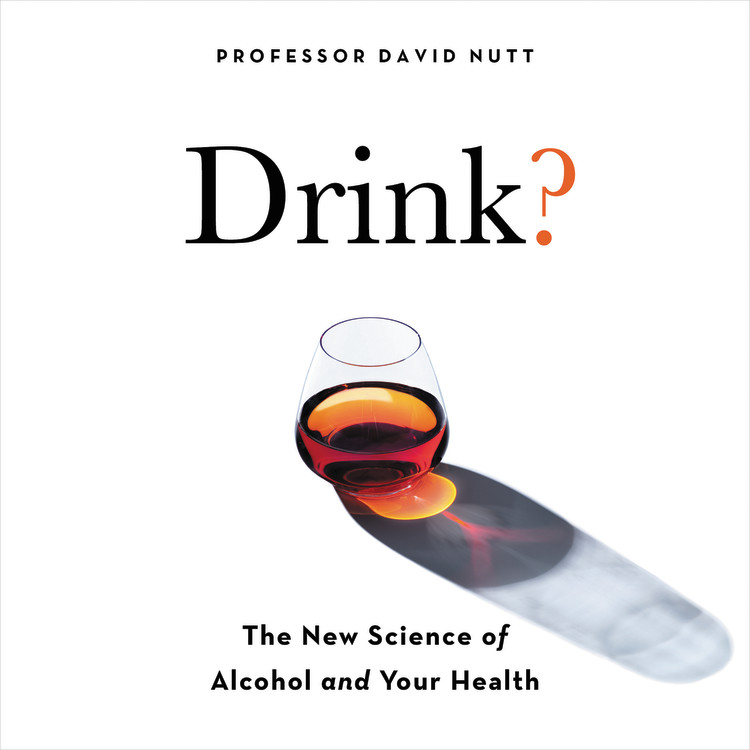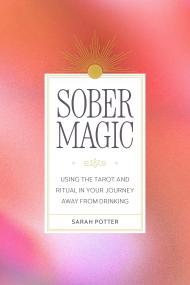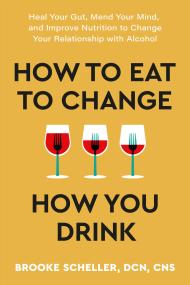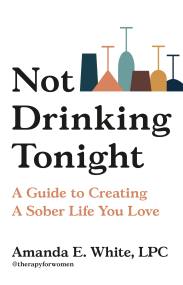Drink?
The New Science of Alcohol and Health
Contributors
Read by Professor David Nutt
Buy from Other Retailers:
- On Sale
- Dec 22, 2020
- Publisher
- Hachette Audio
- ISBN-13
- 9781549158919
From a world-renowned authority on alcohol abuse, a book that exposes the side effects drinking imposes on our overall health–and how we can moderate our consumption.
From after-work happy hour to a nightly glass of wine, we’re used to thinking of alcohol as a normal part of our daily lives. In Drink?, neuropharmacology professor David Nutt takes a fascinating, science-based look at drinking to unpack why we should reconsider our favorite pastime.
Nutt addresses topics such as hormones, mental health, fertility, and addiction, explaining how alcohol effects us even after it leaves our systems. With accessible language, Nutt ensures that readers recognize why alcohol can have such a negative influence on our bodies and our society. Drink? gives readers clear, evidence-based facts to help them make the most informed choices about their alcohol intake.
From after-work happy hour to a nightly glass of wine, we’re used to thinking of alcohol as a normal part of our daily lives. In Drink?, neuropharmacology professor David Nutt takes a fascinating, science-based look at drinking to unpack why we should reconsider our favorite pastime.
Nutt addresses topics such as hormones, mental health, fertility, and addiction, explaining how alcohol effects us even after it leaves our systems. With accessible language, Nutt ensures that readers recognize why alcohol can have such a negative influence on our bodies and our society. Drink? gives readers clear, evidence-based facts to help them make the most informed choices about their alcohol intake.
Formats and Prices
Price
$24.99Format
Format:
- Audiobook Download (Unabridged) $24.99
- ebook $9.99 $12.99 CAD
- Trade Paperback $18.99 $24.99 CAD
